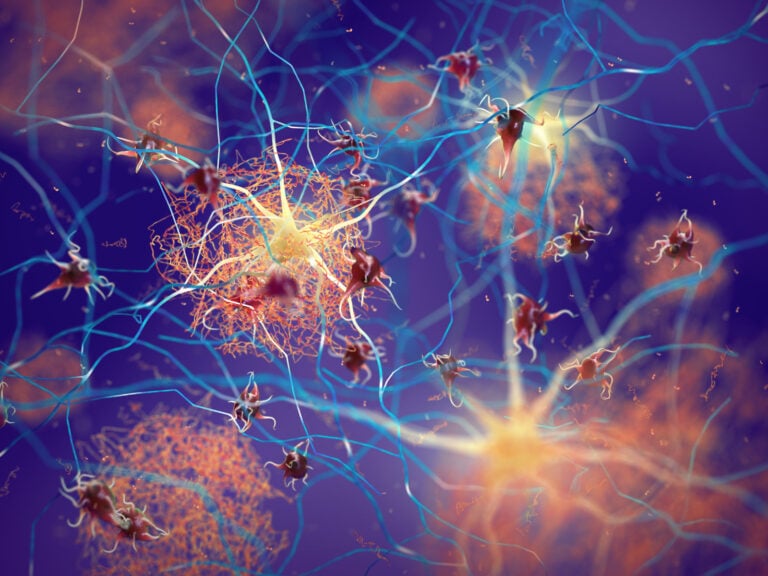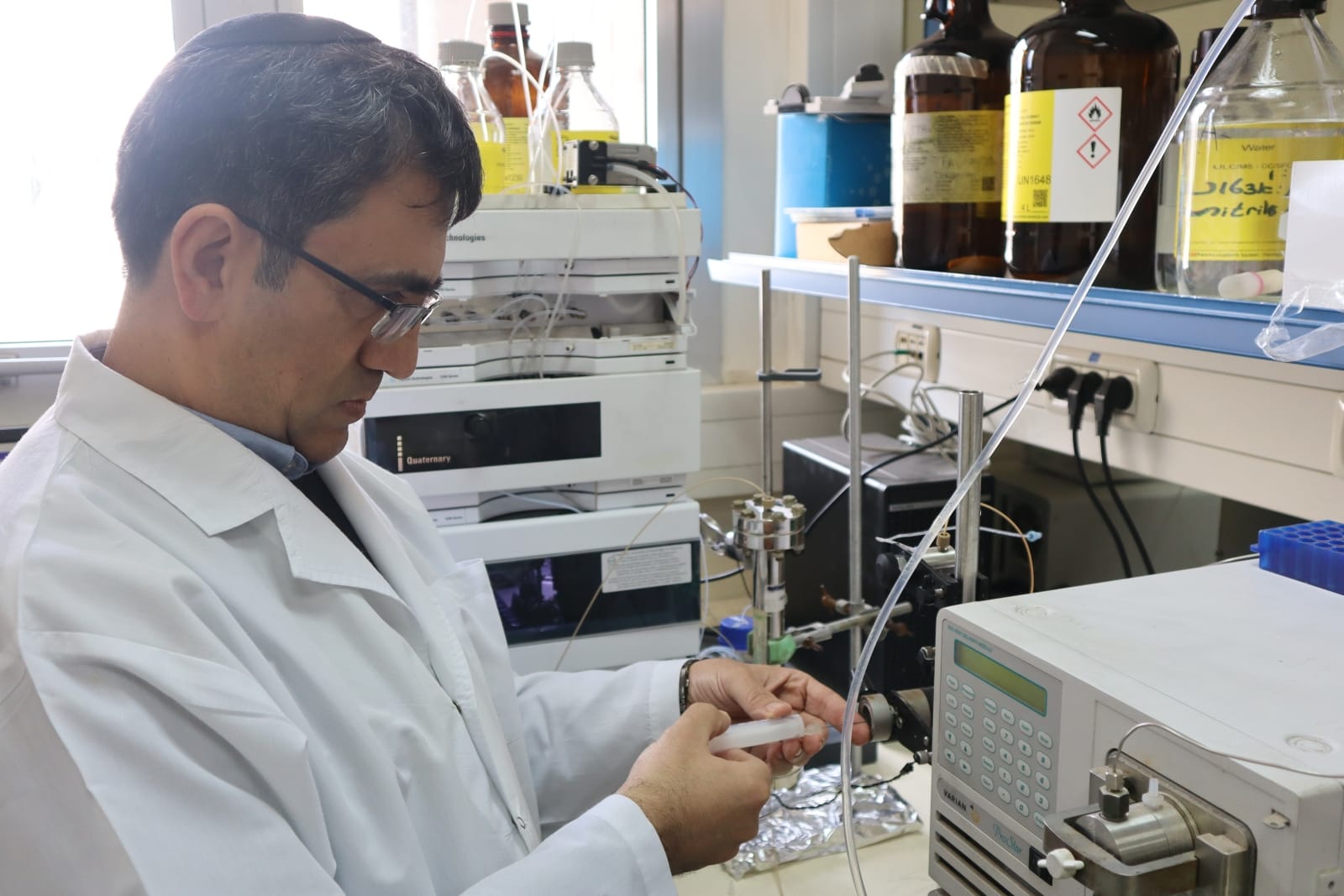Researchers at Bar-Ilan University have developed a new approach to treating early-stage Alzheimer’s disease which could slow the progress of the disease and improve quality of life for patients and their families.
By using nanoparticles, which they can control with very weak X-rays, they are able to target a particular form of protein in the brain that is now thought to be responsible for cognitive decline.
Alzheimer’s is the most common form of dementia, affecting an estimated 6.7 million people in the US. Researchers seeking an effective treatment for the affliction have, over the last 30 years, focused their efforts on a protein known as amyloid beta (A-beta), which form clumps in the brain.

These clumps of A-beta proteins attack nerve cells, resulting initially in short-term memory impairment and later in the loss of judgment, language and thought processes.
Other researchers have previously developed an antibody which can identify and attach itself to A-beta proteins and delay the progression of Alzheimer’s in patients with early-to-mild cognitive impairment by up to 36%.
The Bar-Ilan researchers, in collaboration with scientists at Italy’s University of Milano-Bicocca, aim to take things a step further with their treatment strategy.
They use nanoparticles which are activated by ultra-low-energy X-rays to effectively halt the harmful clumping or aggregation process of the A-beta proteins.
The nanoparticles target the disease process at a very early stage to prevent toxic clumps of A-beta forming before they can begin to damage the brain. The use of ultra-low-energy X-rays also minimizes the patient’s exposure to radiation.
The research team has patented its nanoparticle technology, which has so far proved successful in tests on animals and says further research is under way to optimize the treatment regimen and assess its long-term efficacy on human patients in clinical settings.

“This approach has shown promising results in neuronal cell cultures and animal models, offering new possibilities for early intervention in Alzheimer’s disease,” said Prof. Shai Rahimipour, of Bar-Ilan University’s Department of Chemistry.
“Our ultimate goal is to develop a safe and effective treatment for individuals in the early stages of Alzheimer’s, with a focus on those at high risk, such as those with familial Alzheimer’s,” he said. “By targeting the early-stage aggregation of A-beta, we aim to prevent disease progression and improve the quality of life for patients and their families.”
The research, funded in part by the Israeli Ministry of Science and Technology, was published in the journal Advanced Healthcare Materials.















